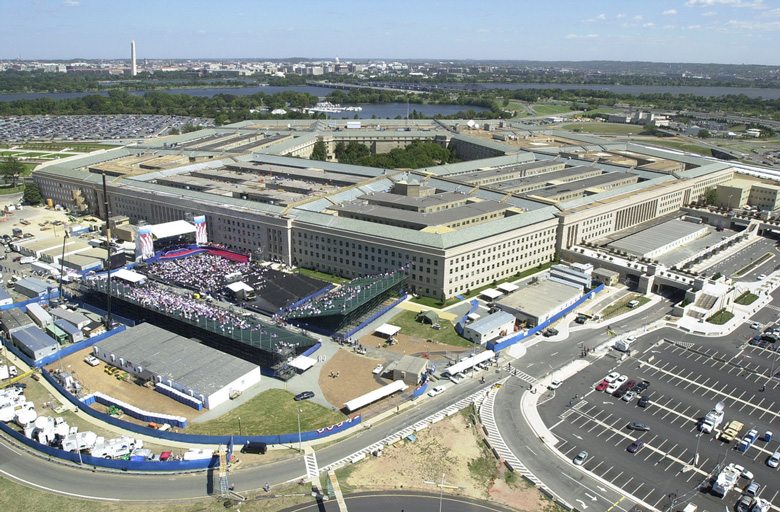Leaders will provide dollar details Feb. 13 for the Defense Department’s fiscal 2013 budget request, which is based on the defense strategic guidance framework announced last month, Pentagon Press Secretary George Little said today.
Little told reporters the DOD comptroller, Robert F. Hale, will discuss the department’s overall budget early in the afternoon. Army, Navy and Air Force officials will detail their respective spending plans later in the day, he added.
“We’ve previewed a lot of this budget already,” Little noted.
President Barack Obama and Defense Secretary Leon E. Panetta announced the strategy guidance Jan. 5, and Panetta followed up Jan. 26 with his strategy-based spending priorities.
The strategy reflects the $487 billion budget reductions the Budget Control Act set for defense spending over the next 10 years. It calls for a smaller force, focused away from future protracted ground campaigns and supporting the national security priorities of the Asia-Pacific region and the Middle East.
Officials said spending priorities conform to the strategy, forecasting troop cuts for the Army and Marine Corps with an increase in special operations forces, and “keeping faith” with troops and families — which Panetta has labeled a top priority — by preserving gains made in pay and benefits over the past decade.
The Pentagon’s topline budget request is $525 billion for fiscal 2013, with $88.4 billion more for overseas contingency operations, mostly in Afghanistan. This is down from $531 billion and $115 billion for fiscal 2012.
Panetta called the budget request “a balanced, complete package” that keeps the American military the pre-eminent force in the world. Army Gen. Martin E. Dempsey, chairman of the Joint Chiefs of Staff, said the strategy and spending priorities offer the department an opportunity to shape the nation’s future force into a rapidly deployable, technologically capable military designed to counter current and future national security threats.
The Feb. 13 announcements will include “additional detail that will be of interest,” Little said.
The press secretary said Panetta has consulted regularly with members of Congress, and the secretary and chairman will spend considerable time in budget testimony on Capitol Hill next week.
The budget request was built without an eye toward an additional half-trillion-dollar spending cut called for in a Budget Control Act “sequestration” provision if Congress cannot agree on an alternative, Little noted. Panetta has called the potential effects of those additional cuts “devastating.”
Little said department leaders are fully aware of the risks doubled spending cuts would carry.
“Our sincere hope is Congress will stop sequestration from happening,” he said.











